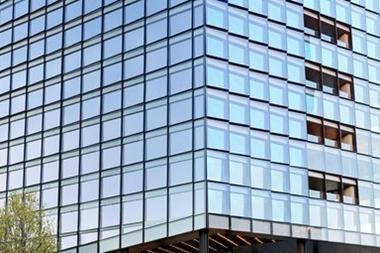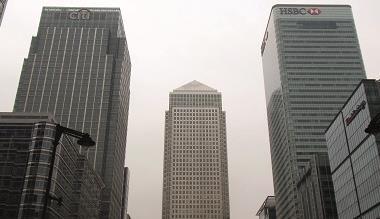As we start to talk about how businesses will adapt in a post-Covid-19 world, we must ensure that neurodiversity – the concept that neurological differences such as autism and ADHD are natural variations and should be accommodated and valued – is a central part of these conversations.

Where workspaces are concerned, modern open-plan space has failed some individuals for a long time with its one-size-fits-all mentality. In considering the needs of the neurodiverse, businesses demonstrate responsibility towards individuals and, by doing so, start to perform better as a whole.
Many of the workspace changes suggested for neurodiverse individuals focus on wellbeing – delivering havens of calm and the opportunity to take a break from the hubbub without isolating completely from colleagues. Fortunately, these exact qualities can be found in some of the solutions being proposed for post-Covid workspace.
The future office is all about flexibility and modularity – furniture and spaces that can adapt by task, by time, by venue and by user.
Purpose-built huddle-pods that seat individuals or small groups are not a new concept. But forward-thinking design is placing these units at the heart of the workspace response to life after the pandemic.
Social-distancing concerns mean that having the option to utilise all areas of a building will be important. The fact that some pod solutions are literally built on wheels becomes a valuable proposition. Unused corners of an office can be transformed into meeting spaces and breakout areas simply by wheeling units into position.
Office behaviours will change, too. Commentators expect a hike in video calls once office life resumes – a legacy of lockdown. Quiet, semi-private withdrawal space will be at a premium; it is hard to focus on a Zoom call in the middle of an open office.
We will need personal spaces that offer enough privacy, with sufficient openness not to feel claustrophobic or unhygienic. It is precisely these spaces that are valued by neurodiverse employees – spaces that have been largely missing from generic open-plan design.
Workspace has to change to meet the physical and psychological safety needs of employees. Businesses will want that change to future-proof space against future disruptions. Those building flexibility and modularity into their solution will create a space that works for all employees – for the greater good of the business as a whole.
David O’Coimin is chief executive of workplace pod provider Nook




























No comments yet